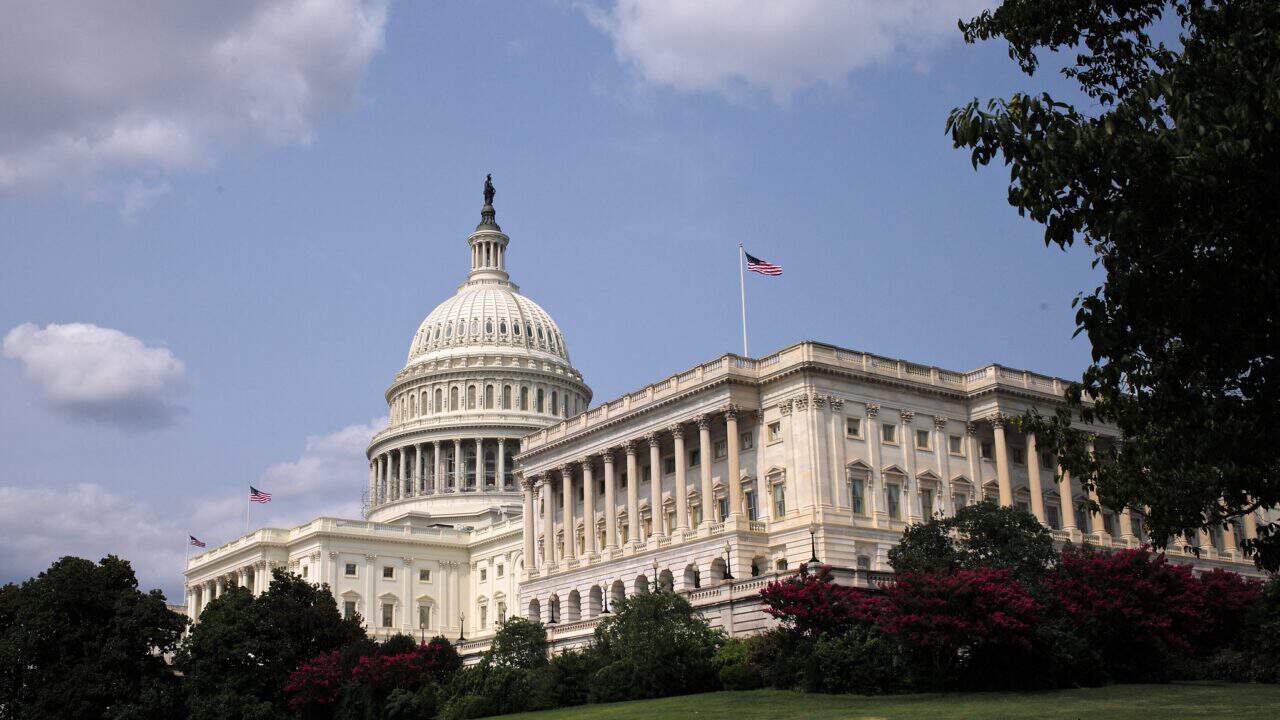 The US Capitol by R Boed is licensed under CC BY 2.0 DEED
The US Capitol by R Boed is licensed under CC BY 2.0 DEED
On November 7, 2023, Bryan Bashur, ATR’s Director of Financial Policy, testified before the U.S. House of Representatives Financial Services Committee’s Subcommittee on Financial Institutions and Monetary Policy. The hearing was entitled, “The Tangled Web of Global Governance: How the Biden Administration is Ceding Authority Over American Financial Regulation.” A copy of Mr. Bashur’s written testimony can be found here.
Mr. Bashur discussed how international organizations such as the Basel Committee on Banking Supervision, Network for Greening the Financial System, and Financial Stability Board have and are currently pressuring U.S. financial regulators to implement bank capital regulations and incorporate climate-related risks into American business operations.
The meetings conducted within these international organizations are opaque. No meeting minutes or transcripts are available yet the Federal Reserve, Federal Deposit Insurance Corporation, and Office of the Comptroller of the Currency, actively participate and apply regulatory frameworks developed by these groups and impose them on American businesses.
Mr. Bashur is concerned that the American public does not have a clear understanding of how decisions are made at these organizations and how our regulators use this information to regulate and supervise America’s financial sector.
U.S. regulators have hijacked the rulemaking process by circumventing elected representatives in Congress. Federal statute does not authorize regulators to convene with international organizations and then pursue the formal regulatory process under the Administrative Procedure Act (APA). Ultimately, it is up to Congress to hold regulators accountable. Transparency is needed to understand how regulators are making decisions and to comport with the Constitutional separation of powers.
One example of this is the regulators’ new bank capital proposal. In a nutshell, the proposed rule is designed to compel banks to hold higher levels of equity as a percentage of their assets. This will ultimately make consumer services more expensive (e.g., credit cards, mortgages, auto loans). At the same time, regulators have offered no economic or cost-benefit analysis outlining the empirical evidence that would justify these changes.
The U.S. government is implementing regulations for U.S. banks that are based on a framework designed by a coalition of unelected bureaucrats from countries around the world. It is concerning that U.S. regulators are taking international guidelines and imposing them on banks and ultimately the American public. Consumers will have to pay higher costs that are passed down through more expensive borrowing or banking services more generally.
In light of West Virginia v. EPA, regulators must tread lightly or wind up in a situation where they are facing costly litigation. For rules as economically significant as the recent bank capital regulations, there needs to be “clear congressional authorization.” So far, Congress has not provided that clear authority.
What is clear is that the executive branch has assumed so much power over the years that in certain cases, such as with climate risk and capital requirements, it has decided to assume the powers of the legislative branch and determine how to best regulate private American enterprises.
Foreign central banks should not be the arbiters of the U.S. banking sector. Bills such as Rep. Barry Loudermilk’s (R-Ga.) American Financial Institution Regulatory Sovereignty and Transparency Act of 2023 would hold regulators more accountable, and prevent them from unilaterally implementing rules originally envisaged by foreign entities with no supranational authority in the U.S.
Mr. Bashur has also written op-eds for The Hill and American Banker highlighting concerns raised in the hearing.
A video of the hearing can be found below:

